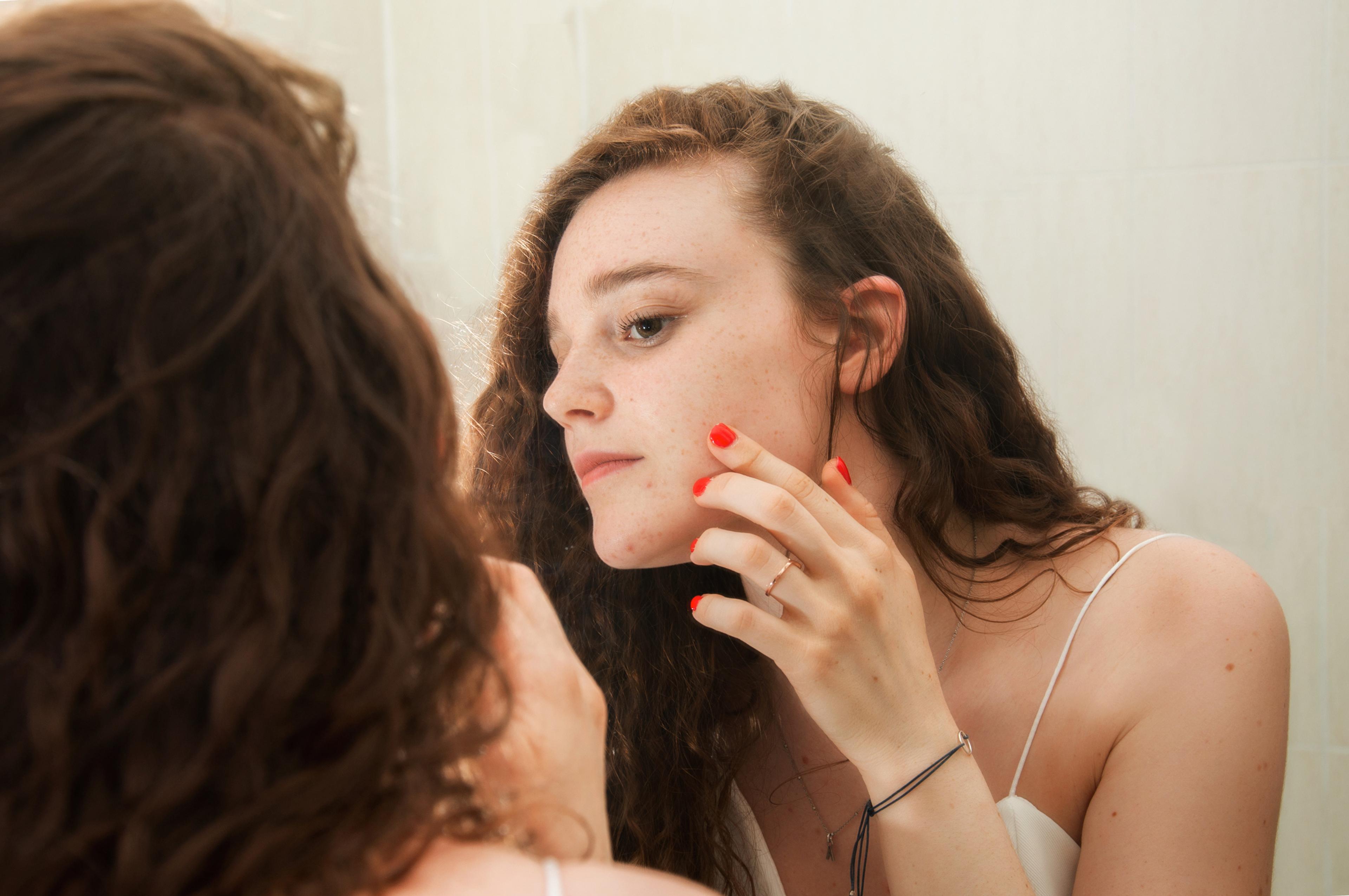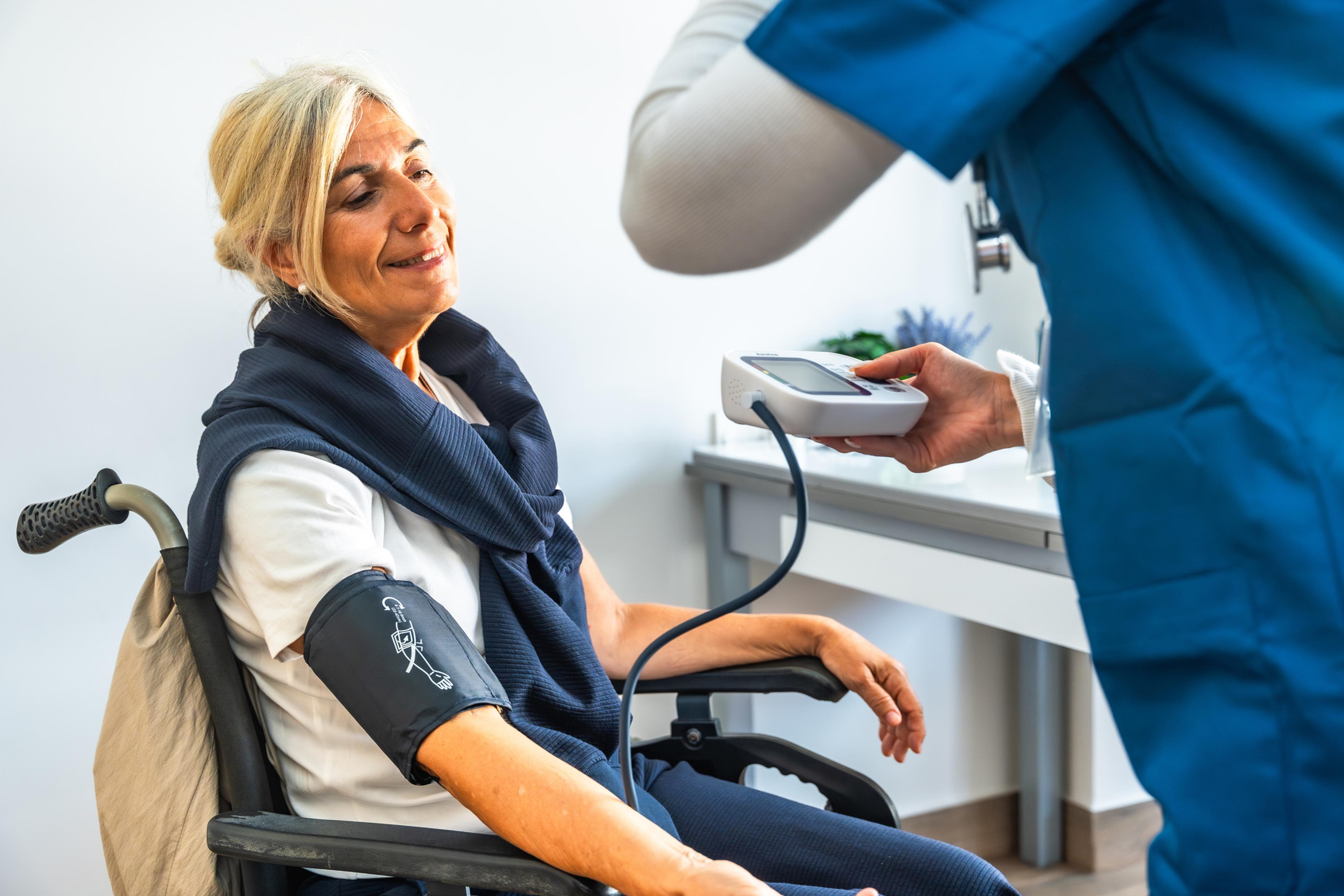Does Sunscreen Cause Acne?
Jake Newby
| 3 min read

Applying sunscreen to your face if you have acne or are prone to breakouts may seem counterintuitive. But it shouldn’t be a reason to avoid sunscreen, as protecting your skin from the sun is non-negotiable.
Here’s what to know about acne and sunscreen, including daily routine suggestions and certain ingredients you should avoid if you are concerned about how SPF might affect your acne and pores.
Can sunscreen cause acne?
Sunscreen doesn’t generally cause acne or pimples, but people with acne-prone skin should be mindful of a few factors while sunscreen shopping.
Check all sunscreen labels for comedogenics, which can clog pores, exacerbate acne breakouts and also cause blackheads and whiteheads to appear. The term comedogenic refers to a substance that causes comedones, which are pores or hair follicles that have gotten blocked with bacteria, oil and dead skin cells to form a bump on your skin, according to WebMD. They include things like cocoa butter, lanolin, coconut oil, wheat germ oil and linseed oil.
Those with sensitive skin who are prone to breakouts should purchase a sunscreen that is labeled as:
- Oil-free
- Fragrance-free
- Noncomedogenic
Every sunscreen selection should be based on whether that brand delivers “broad spectrum” protection. This is necessary because it means that sunscreen protects against both Ultraviolet (UV)A and UVB rays.
According to the American Academy of Dermatology (AAD), regularly using sunscreen can actually play a supportive role in preventing future damage by helping to reduce the risk of dark spots appearing on your skin once acne clears.
Sunscreen for acne prone skin
Mineral sunscreens – also known as physical sunscreens – are generally better for individuals with acne as they are less likely to aggravate breakouts. They do not contain the synthetic ingredients found in chemical sunscreens, which can irritate the skin once absorbed.
However, choosing between mineral and chemical sunscreen is a true case-by-case basis. Some skin types react just fine to chemical formulas. The lightweight, easily absorbed nature of chemical sunscreens is a positive for some. Ultimately, the decision comes down to your personal skin needs, issues and preferences. Rather than narrowing the choice down between the two primary types of sunscreens, it might be best to avoid certain ingredients.
The bottom line
You can and should use sunscreen, even if you actively have acne or are worried sunscreen causes acne. Applying sunscreen doesn’t make your acne worse or automatically lead to an acne breakout. You just have to do your research to find out which types, brands and ingredients pair best with your skin type.
It’s also important to note that if you are prescribed daytime acne medicine, your daily routine should consist of washing your face, applying your acne medicine and then applying a layer of sunscreen, according to the Skin Cancer Foundation. The organization states this process can make you feel like you have a barrier of protection between your troubled skin and the sunscreen.
Keep reading:
Photo credit: Getty Images





